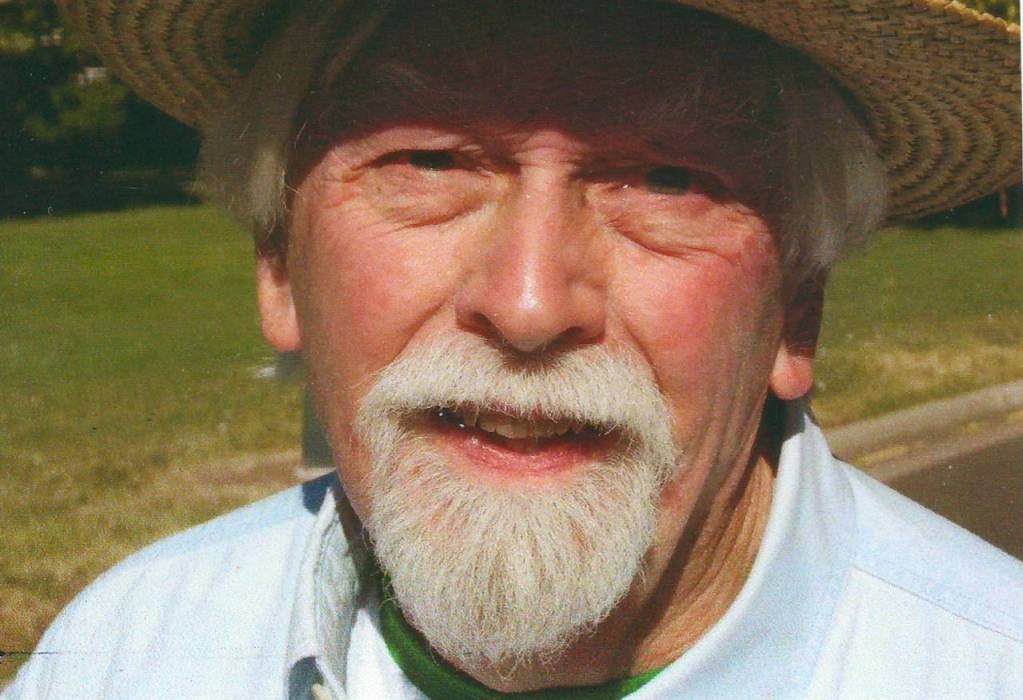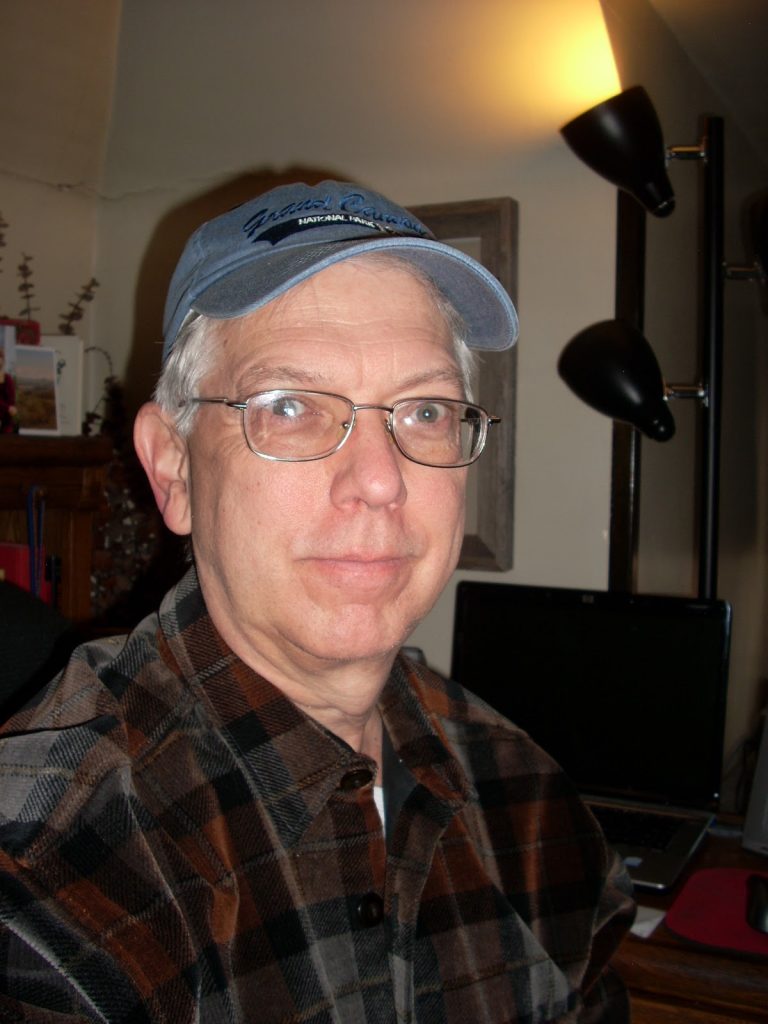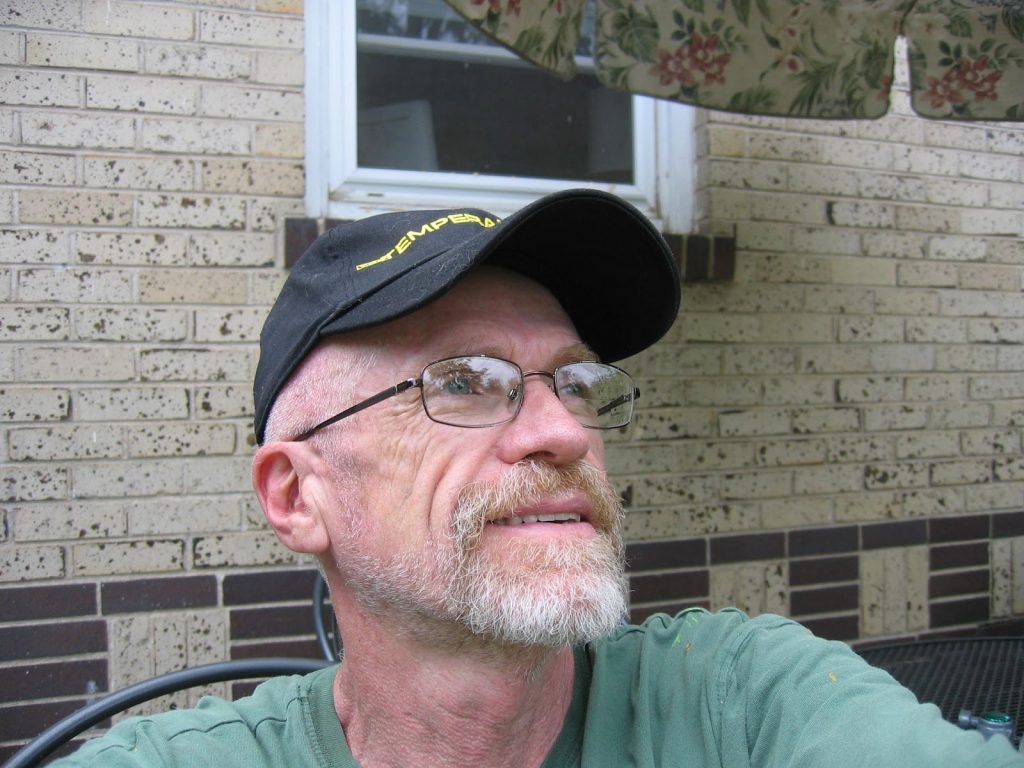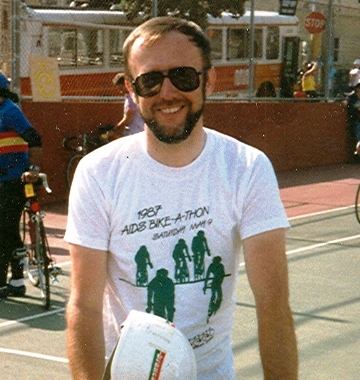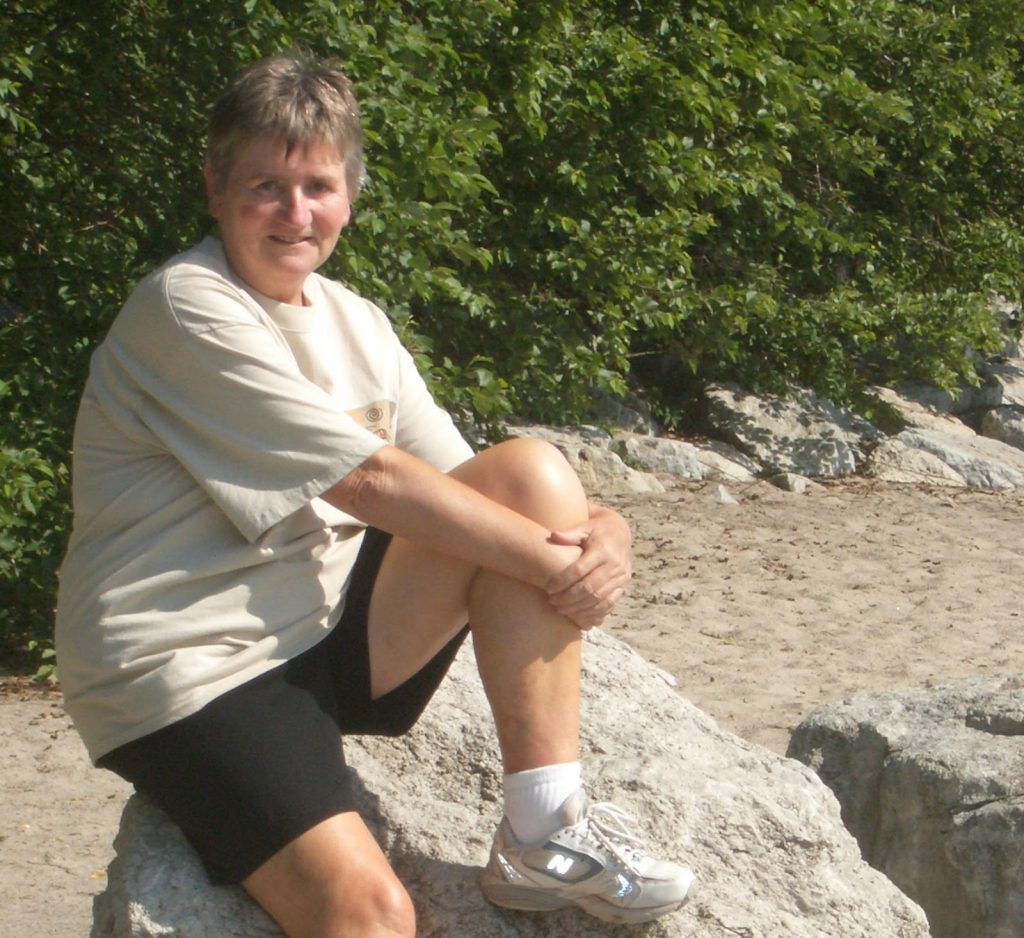I awoke feeling exuberant, in an especially gay mood for early morning. It was the weekend, and I had no classes to attend. I was free to go where I wanted and to do what I chose, and I already had planned to take a woodland hike. The sun was shining bright and gay, and the temperature just perfect, warm enough to hike without a jacket yet brisk enough not to become overheated.
In cheerful, gay spirits, I quickly finished my breakfast and prepared to meet my hiking companion for the day. Eric W. was a Norwegian exchange student and looked the part, blond and Nordic. The doorbell rang, and I found Eric standing at the door right on-time. He, too, appeared to be in a merry, gay mood.
Taking with us only canteens of water, we started with a lively, gay step up the lane that connected with a steep path that led to the ridge-top. Like most Americans, I spoke no Norwegian whatsoever. Like most Norwegians, Eric spoke good English. Even so, we spoke very little, preferring instead to listen to the sparkling, gay ripple of the nearby stream and the gay, spring songs of the woodland birds. Being early morning, the wooded hills seemed especially keenly alive and gay with a myriad of songs from chickadees, cardinals, wrens, robins, and dozens of other chipper, gay birds. A summer tanager in his flamboyant, gay red feathers landed on a branch close by and viewed us two interlopers with curiosity.
Eric and I reached the crest of the ridge and continued to follow the narrow path among the tall oaks, maples, and buckeyes. Eventually, the path opened up upon a gay, sunny meadow lit by the brilliantly gay blue of the sky. Patches of gayly colored wildflowers lent a joyous, gay feel to the meadow.
We paused for some time on the far tip of the meadow, viewing the green valley below. The warm sun accentuated the glittering, gay ripple of the distant, wandering river dividing the valley.
Eric took his shirt off, perhaps feeling quite warm in contrast to what he was used to in Norway. I stood behind and watched, he unaware of my licentious, gay attention.
Remembering that moment, I am reminded of a passage from Tennessee William’s story “The Resemblance Between a Violin Case and a Coffin,” when the lad observed his seventeen-year-old neighbor standing in the sunshine. “About people you knew in your childhood, it is rarely possible to remember their appearance except as ugly or beautiful, light or dark. I do not remember if Richard was light in the sense of being blond or if the lightness came from a quality in him deeper than hair or skin. Yes, probably both, for he was one of those people who move in the light, provided by practically everything around them. This detail I do remember. He was wearing a white shirt, and through its cloth could be seen the fair skin of his shoulders. And for the first time prematurely, I was aware of skin as an attraction. A thing that might be desirable to touch. This awareness entered my mind, my senses, like the sudden streak of flame that follows a comet.” There are about two dozen synonyms to the word “gay,” but perhaps that quotation is what “being gay” means most of all to many people.
About the Author
I have had a life-long fascination with people and their life stories. I also realize that, although my own life has not brought me particular fame or fortune, I too have had some noteworthy experiences and, at times, unusual ones. Since I joined this Story Time group, I have derived pleasure and satisfaction participating in the group. I do put some thought and effort into my stories, and I hope that you find them interesting.


